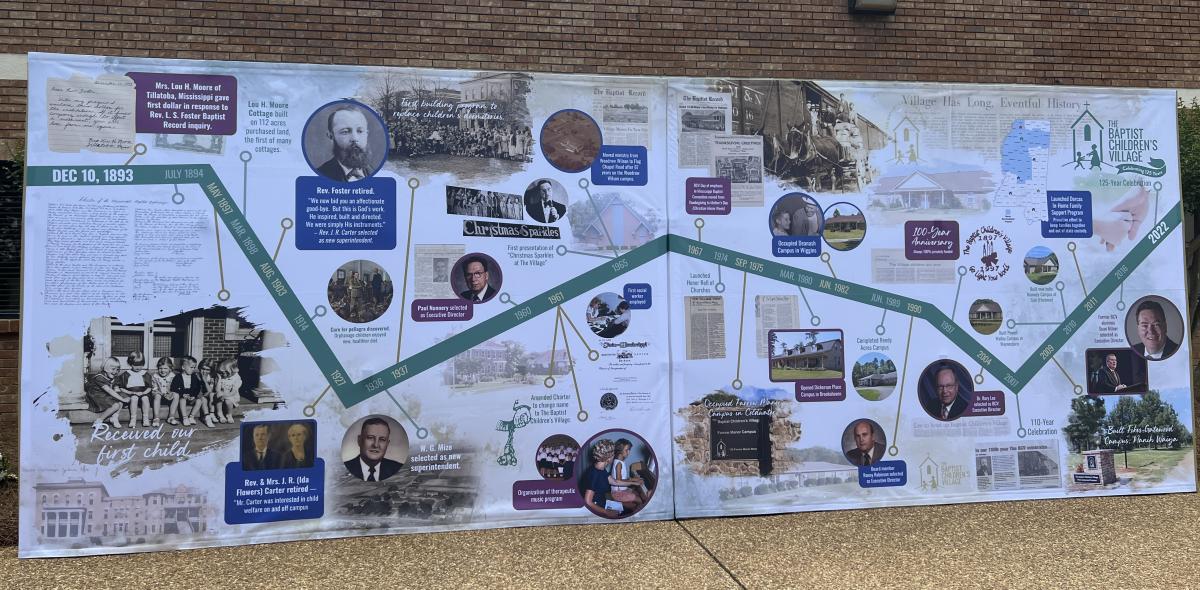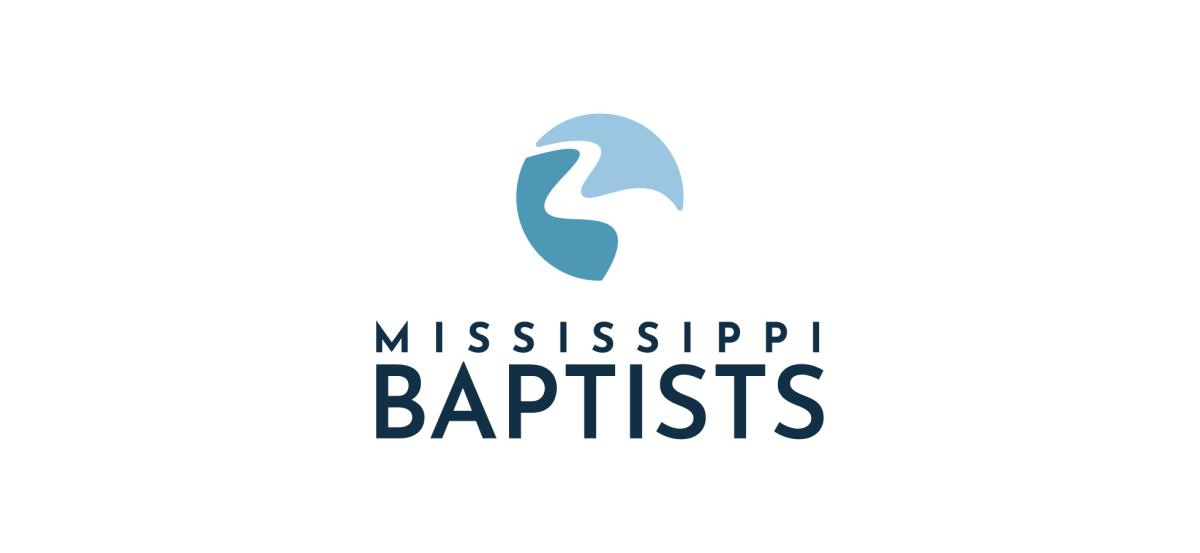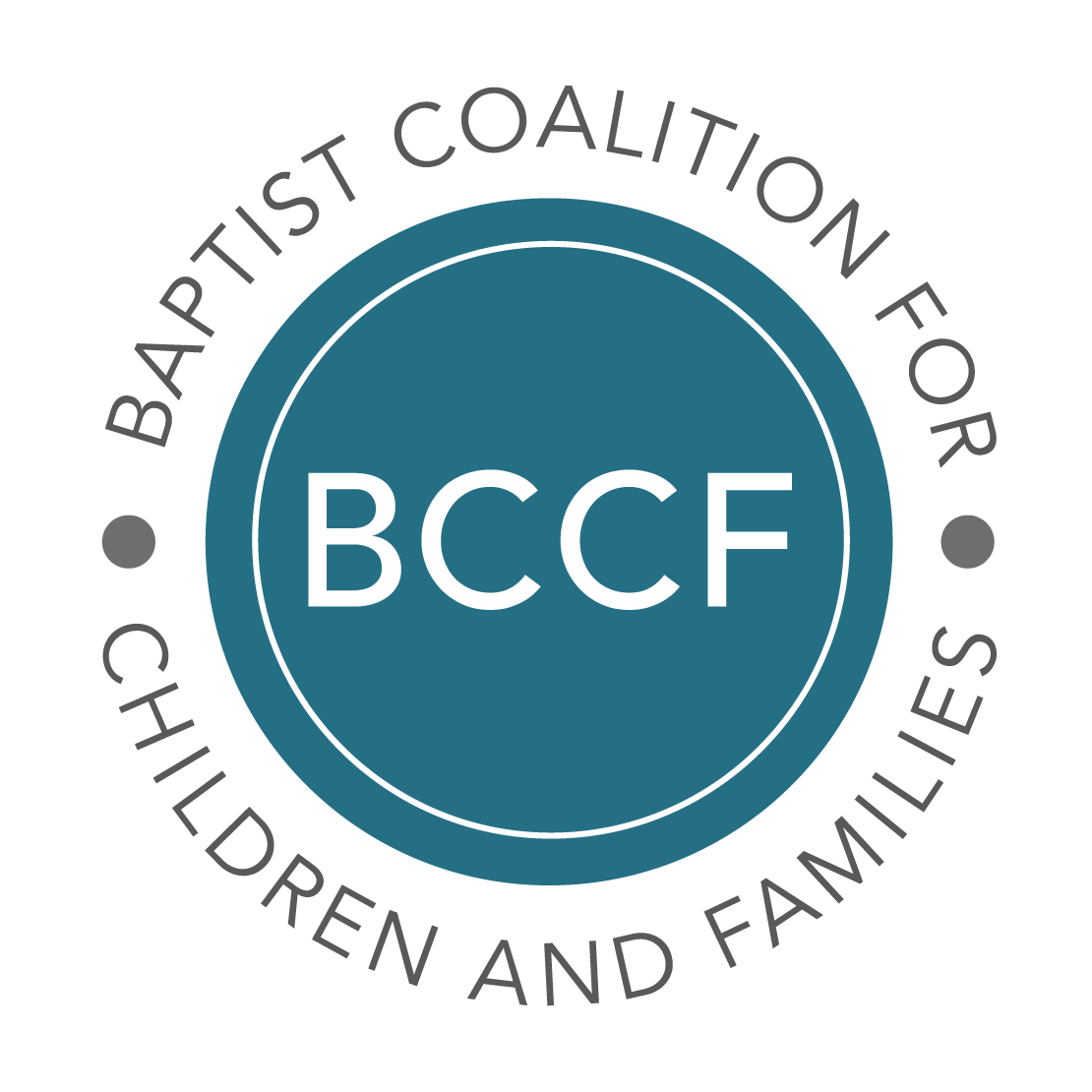The Baptist Children’s Village admitted the first child to care on May 12, 1897. In The Baptist Record in 1893, Rev. L. S. Foster, pastor in Senatobia, Mississippi, raised the question as to the desirability of establishing a home for orphans. Rev. Foster wrote: “If this thought is of God He will put it into the heart of some person to send a contribution for this cause.” In December 1893 Mrs. Lou H. Moore of Tillatoba, Mississippi responded: “With my prayers, I enclose this dollar for the institution. If it finds company enough to effect a movement, you will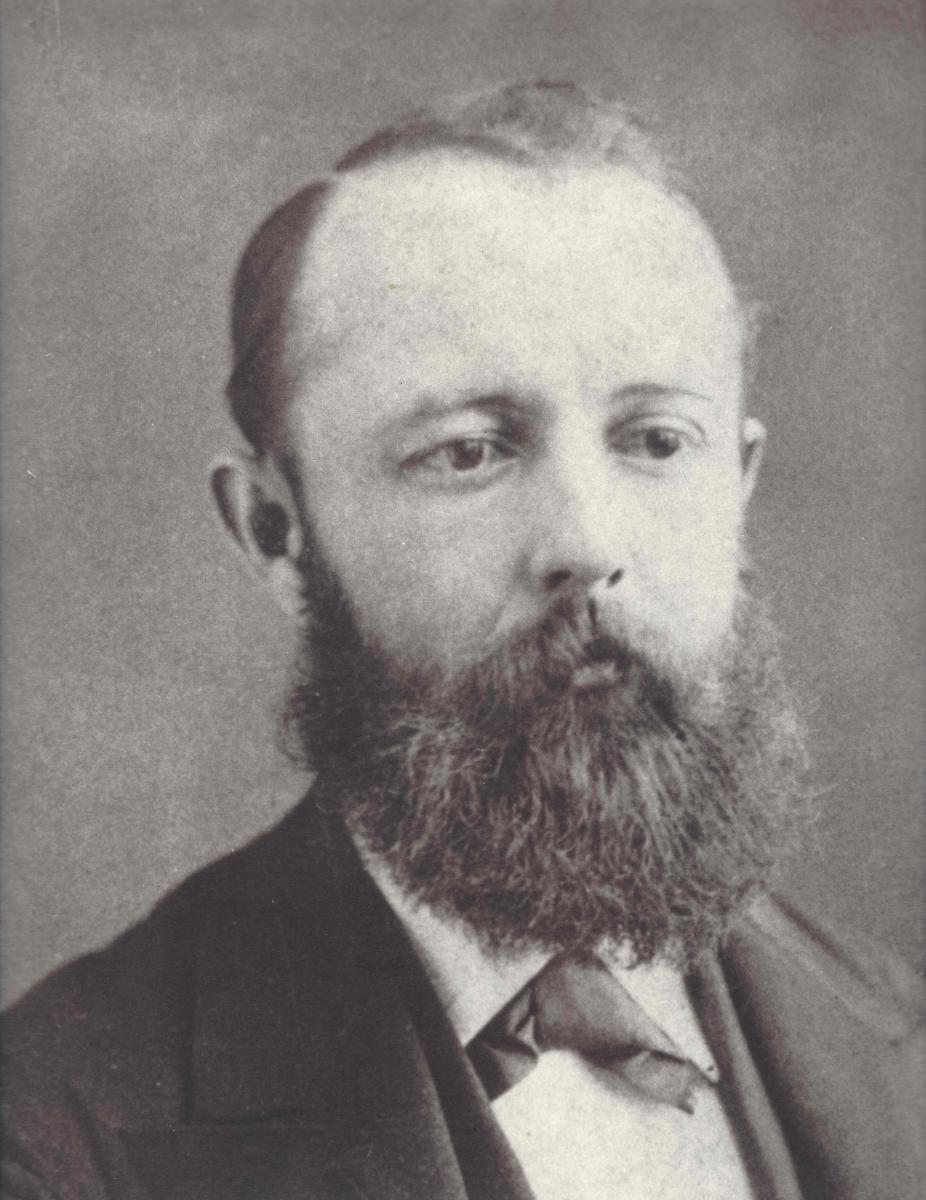 hear from me again.” After much cultivation of pastors and individuals throughout the state, Rev. Foster moved to Jackson in May of 1897 to accept the first child and position of Superintendent of then, The Baptist Orphanage. During the first years of ministry most of the children were orphans. The major task of yesterday was to provide Christian care and direction, as well as food, clothing and shelter. Following his resignation in 1903, Rev. Foster wrote: “We now bid you an affectionate good-bye. But this is God’s work. He inspired, built and directed. We were simply His instruments. ” The Lord has indeed used a great many “instruments” to further His work at The Baptist Children’s Village.
hear from me again.” After much cultivation of pastors and individuals throughout the state, Rev. Foster moved to Jackson in May of 1897 to accept the first child and position of Superintendent of then, The Baptist Orphanage. During the first years of ministry most of the children were orphans. The major task of yesterday was to provide Christian care and direction, as well as food, clothing and shelter. Following his resignation in 1903, Rev. Foster wrote: “We now bid you an affectionate good-bye. But this is God’s work. He inspired, built and directed. We were simply His instruments. ” The Lord has indeed used a great many “instruments” to further His work at The Baptist Children’s Village.
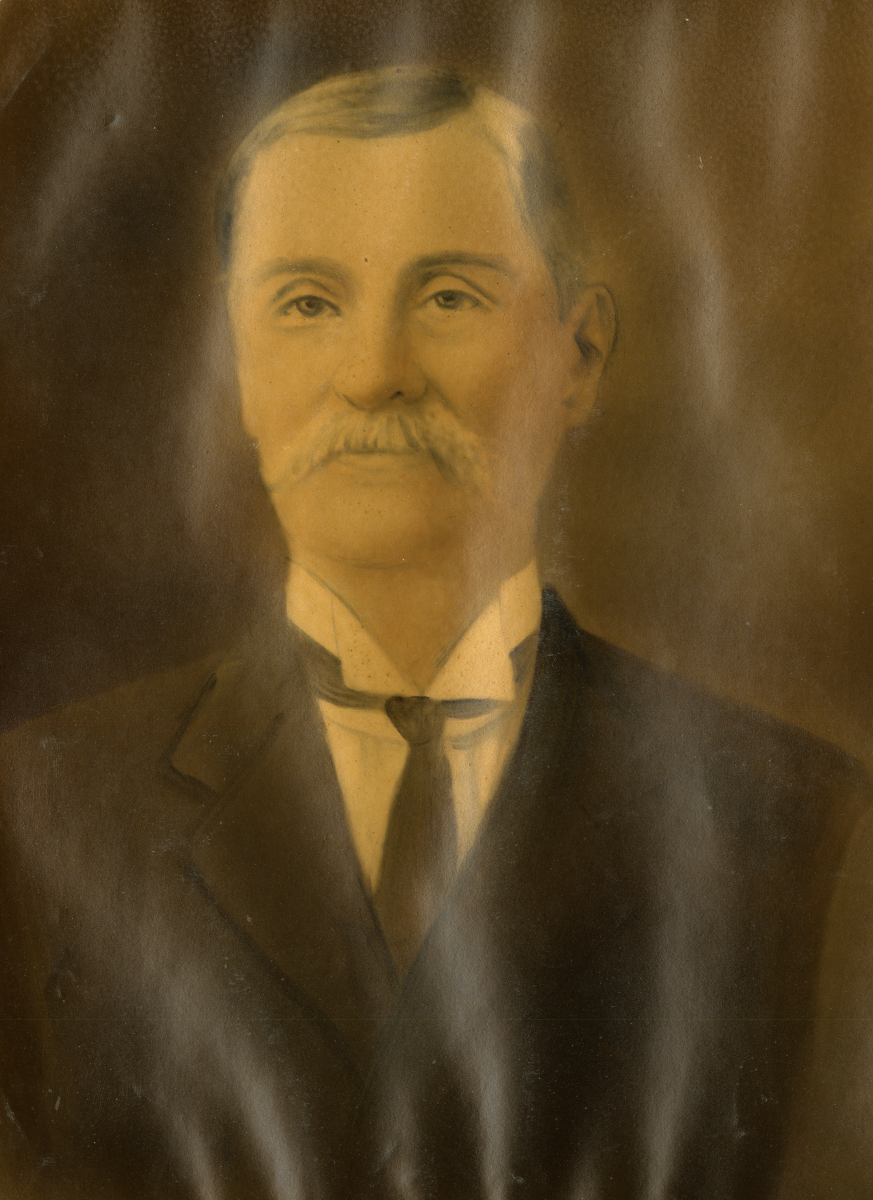
Upon accepting the position to to succeed Rev. Foster, Rev. J.R. Carter said, ” I am fully conscious in accepting the superintendency of our orphanage, that I am taking upon myself a great and responsible work, but I enter it with enthusiasm and great confidence in its success. I believe in God and His people.” Under his leadership, electric lights were first installed in all buildings, sacrificing a raise offered by the Board of Trustees to provide the financial resource for the project. Rev. Carter was known to place supreme interest in the welfare of children on and off the campus, involving himself in local and international child welfare conferences.
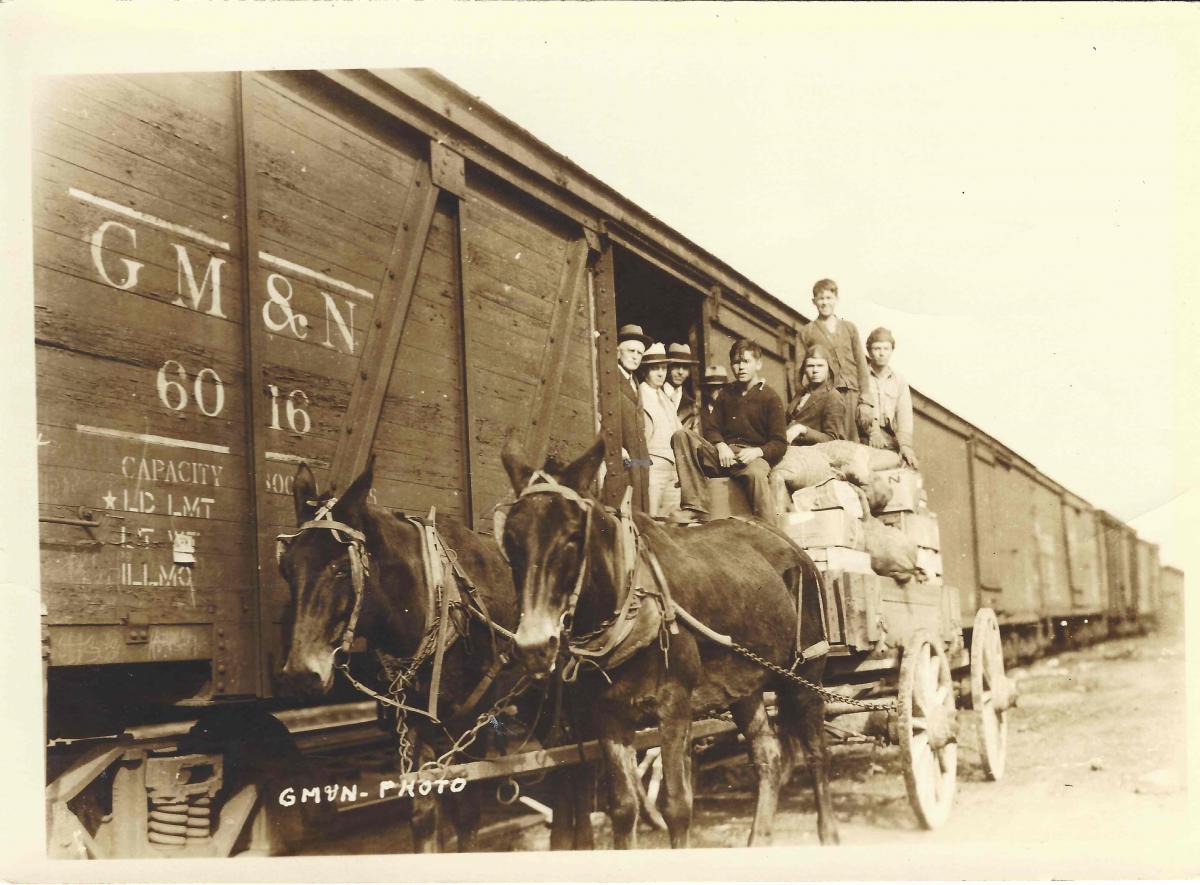
Mississippi Baptists continued to respond to the needs of the children as they had done under the previous administration. “Although money was never plentiful, there was widespread participation among friends in loading freight cars which the railroads would haul free of charge during the Thanksgiving season. Much food and clothing was also sent by means of normal freight and by express.”
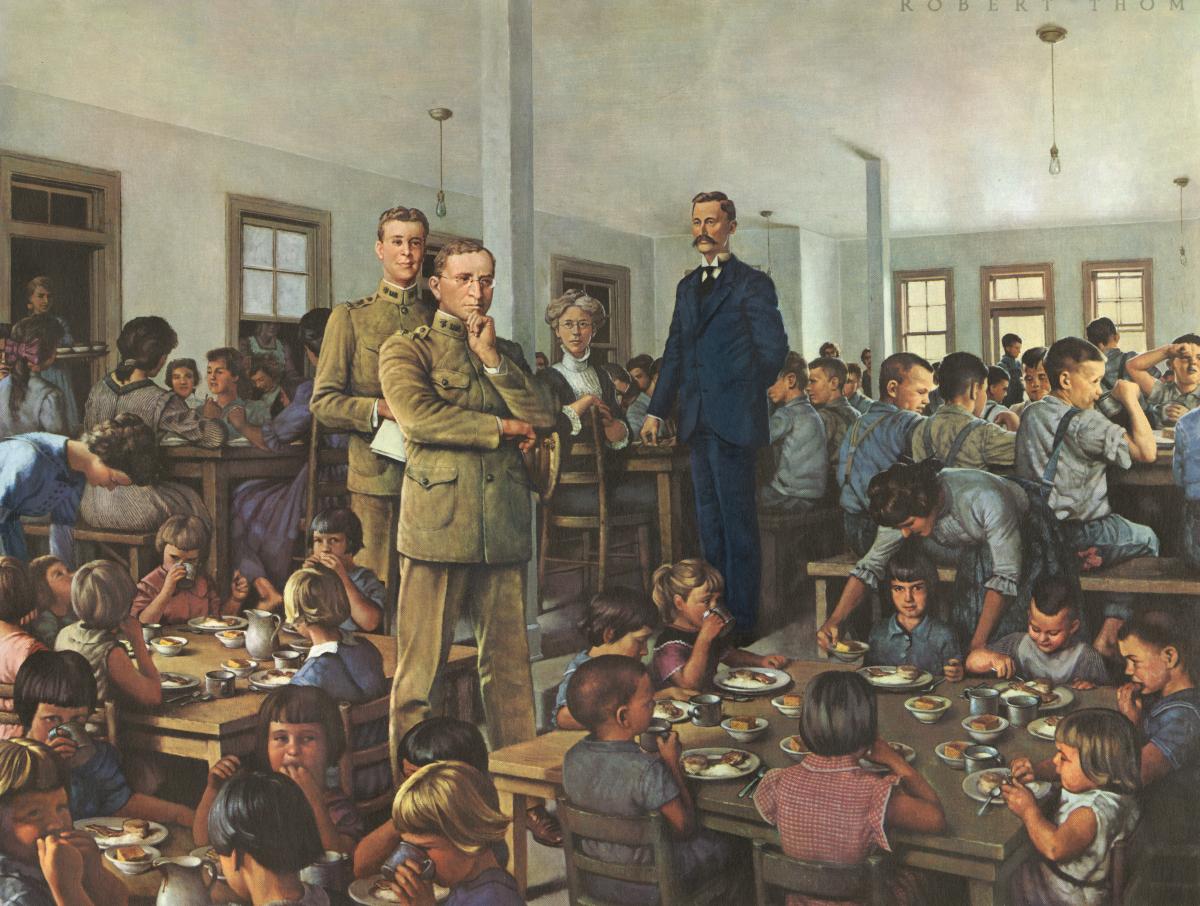
In 1913 Rev. Carter cooperated with Dr. Joseph Goldberger of the U.S. Public Health Service to further his research to find a cure for Pellegra. In addition to their diet of cornbread and molasses, children were given milk, fresh meat and leguminous protein foods. Following this change in diet, Pellegra indeed virtually disappeared from the campus.
The decade following Rev. Carter’s resignation in 1927 saw continued growth in and support of the ministry under the leadership of several superintendents with shorter tenure than their predecessors including Rev. B.E. Massey, Professor W E. Thompson, Professor O.C. Miller and Rev. W.E. Farr.
April 12, 1936 Mr. W.G. Mize was chosen as Superintendent. Mrs. Mize was employed as his Assistant in January of 1937. The two served together for 25 years. Mr. Mize’s administration was characterized by the introduction of modern concepts in child care and marked improvements in living standards including the total replacement of all buildings prior to his administration and the addition of a recreation facility with tennis courts, shuffle boards, swimming pool and playground equipment.
Assistant in January of 1937. The two served together for 25 years. Mr. Mize’s administration was characterized by the introduction of modern concepts in child care and marked improvements in living standards including the total replacement of all buildings prior to his administration and the addition of a recreation facility with tennis courts, shuffle boards, swimming pool and playground equipment.
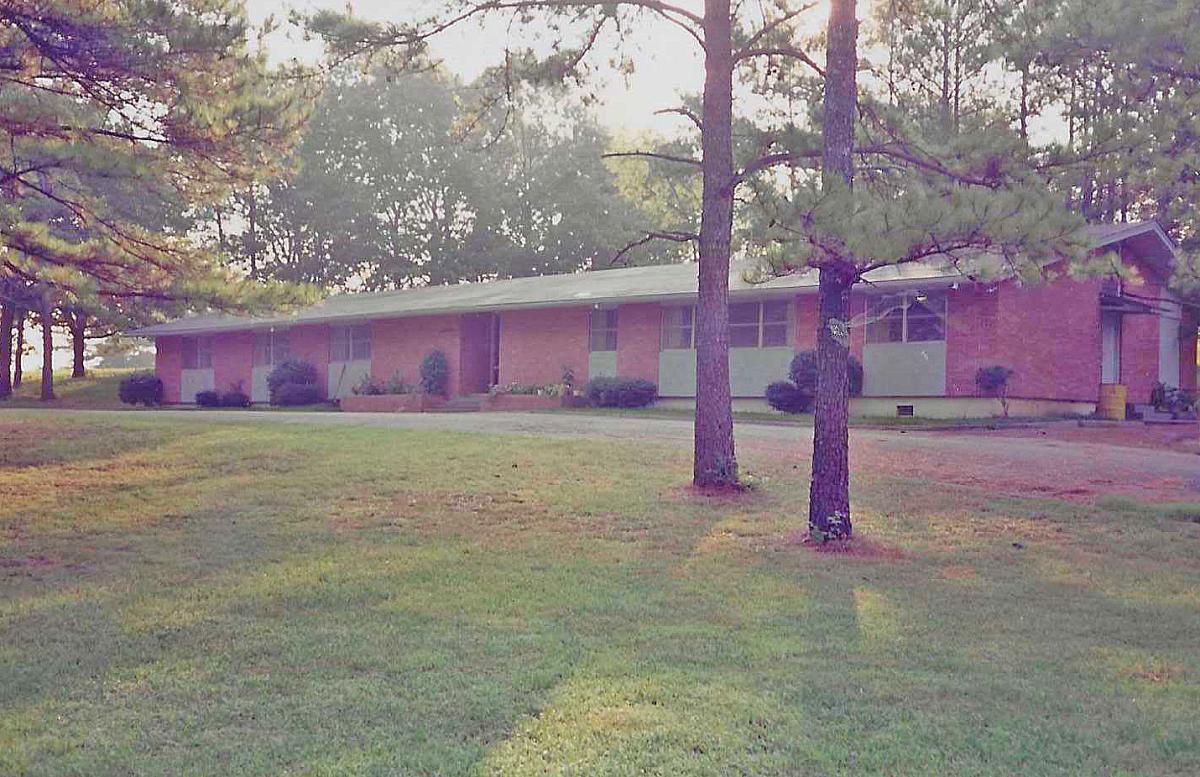 Mr. Paul N. Nunnery, who served as Executive Director from 1960 until 1990 wrote in his compilation of The Baptist Children’s Village history, I Heard the Children Singing, “The survival and usefulness of any service agency is dependent, in large measure, upon its capacity and willingness to change.” Swift and dramatic change is exactly what characterized the efforts of this new administration with an emphasis given to family-style living as children moved from the Woodrow Wilson campus, where children lived in dormitories, to a new campus on Flag Chapel Road.
Mr. Paul N. Nunnery, who served as Executive Director from 1960 until 1990 wrote in his compilation of The Baptist Children’s Village history, I Heard the Children Singing, “The survival and usefulness of any service agency is dependent, in large measure, upon its capacity and willingness to change.” Swift and dramatic change is exactly what characterized the efforts of this new administration with an emphasis given to family-style living as children moved from the Woodrow Wilson campus, where children lived in dormitories, to a new campus on Flag Chapel Road.
This family-modeled living continues to be an essential part of residential child care provided by The Baptist Children’s Village. Since those early days, “wars, natural disasters, economic recessions and depressions have beset and sometimes devastated Mississippi society . . ., but literally without even one day’s interruption, The Baptist Children’s Village has addressed the most basic and essential needs of countless thousands of boys and girls and their families without fee or charge and without monetary support from government at any level.”
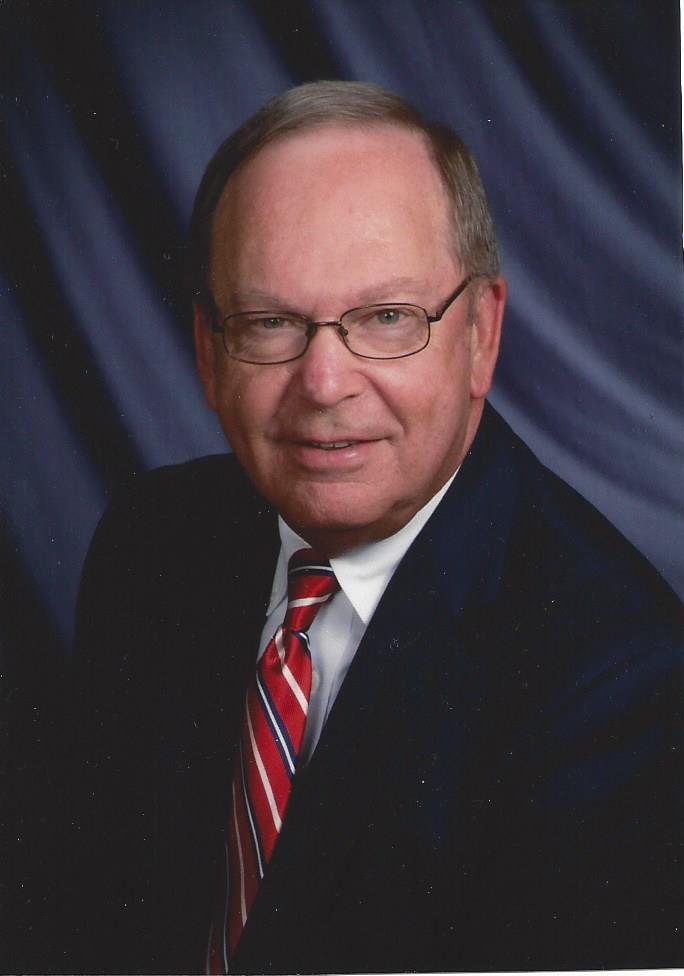 From 2004 until 2010, under the direction of Executive Director, Rory Lee, The Baptist Children’s Village focused on making the ministry more accessible to families throughout the state; and furthering the vision to provide a more natural, family living environment to hurting children by expanding to seven smaller, strategically located residential campuses.
From 2004 until 2010, under the direction of Executive Director, Rory Lee, The Baptist Children’s Village focused on making the ministry more accessible to families throughout the state; and furthering the vision to provide a more natural, family living environment to hurting children by expanding to seven smaller, strategically located residential campuses.
In 2012, under the leadership of Rory Lee, The Baptist Children’s Village launched the Dorcas In-Home Family Support Program focusing on earlier intervention. The objective of the Dorcas Program is to bring the healing ministry of Christ to children and their families at an earlier point in in the cycle of need. This non-residential program was first launched in eight counties in northeast Mississippi with the intention of expanding to all 82 Mississippi counties.
In November 2016, Dr. Rory Lee retired as Executive Director of The Baptist Children’s Village and 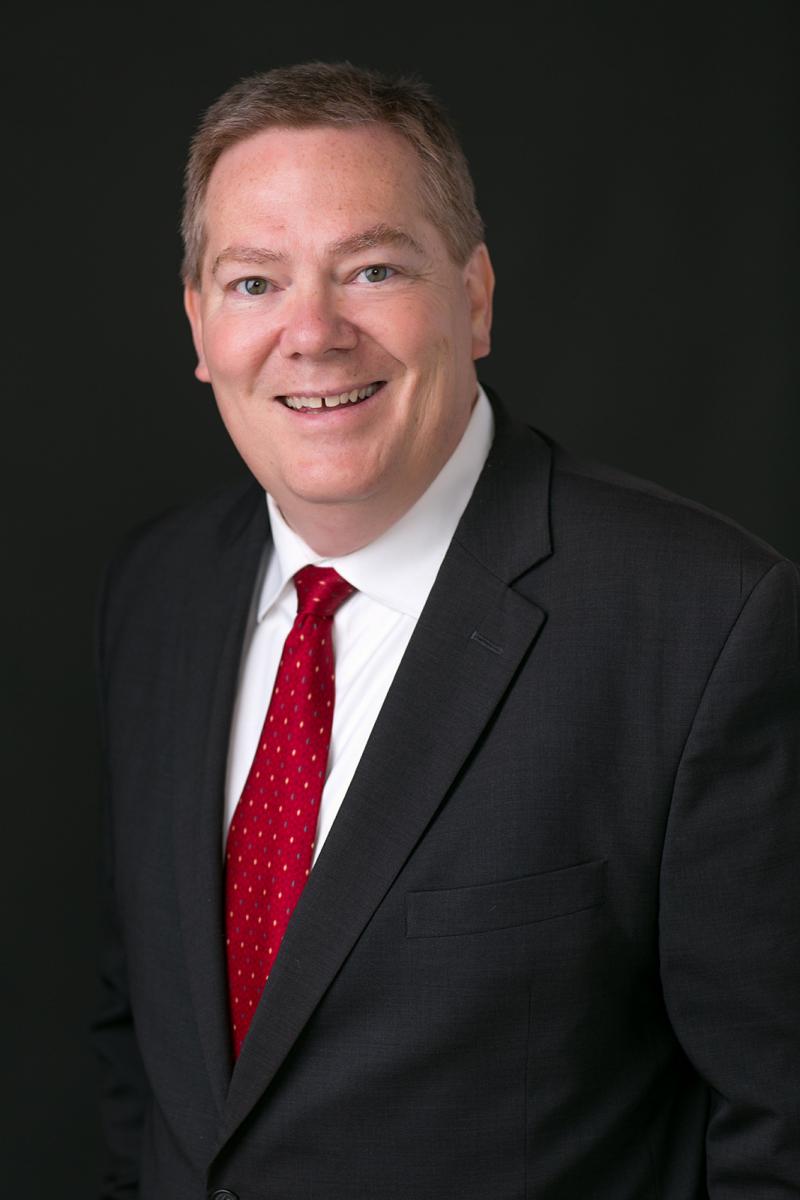 Sean A. Milner became the 11th Executive Director of The Baptist Children’s Village ministry. Mr. Milner came to The BCV after nearly 25 years of practicing law in Clinton, Mississippi. He is a graduate of Mississippi College and Mississippi College School of Law. He and his wife Elizabeth have two grown children and are active members of Morrison Heights Baptist Church. Sean is an alumnus of The Baptist Children’s Village following in the footsteps of his beloved mentor Paul Nunnery who also left a successful law practice to shepherd the agency. He first came to the ministry at a young age with his three brothers and one sister and remained in the care of The BCV for 18 years. He is the only former child care resident to serve in the position of Executive Director of The Baptist Children’s Village and the only one among all of the Southern Baptist child care agencies nationwide.
Sean A. Milner became the 11th Executive Director of The Baptist Children’s Village ministry. Mr. Milner came to The BCV after nearly 25 years of practicing law in Clinton, Mississippi. He is a graduate of Mississippi College and Mississippi College School of Law. He and his wife Elizabeth have two grown children and are active members of Morrison Heights Baptist Church. Sean is an alumnus of The Baptist Children’s Village following in the footsteps of his beloved mentor Paul Nunnery who also left a successful law practice to shepherd the agency. He first came to the ministry at a young age with his three brothers and one sister and remained in the care of The BCV for 18 years. He is the only former child care resident to serve in the position of Executive Director of The Baptist Children’s Village and the only one among all of the Southern Baptist child care agencies nationwide.
In November 2022, the Youth Detention Intervention Program was initiated with the goal of ensuring that every detained juvenile in Mississippi is influenced by the teachings of Jesus Christ. Then, in 2024, the In-Home Family Support Program was extended to all 82 counties. Additionally, the Residential Family Program was created to offer holistic support services rooted in Christian values to single mothers and their children during challenging times, helping them transition to independent living.
